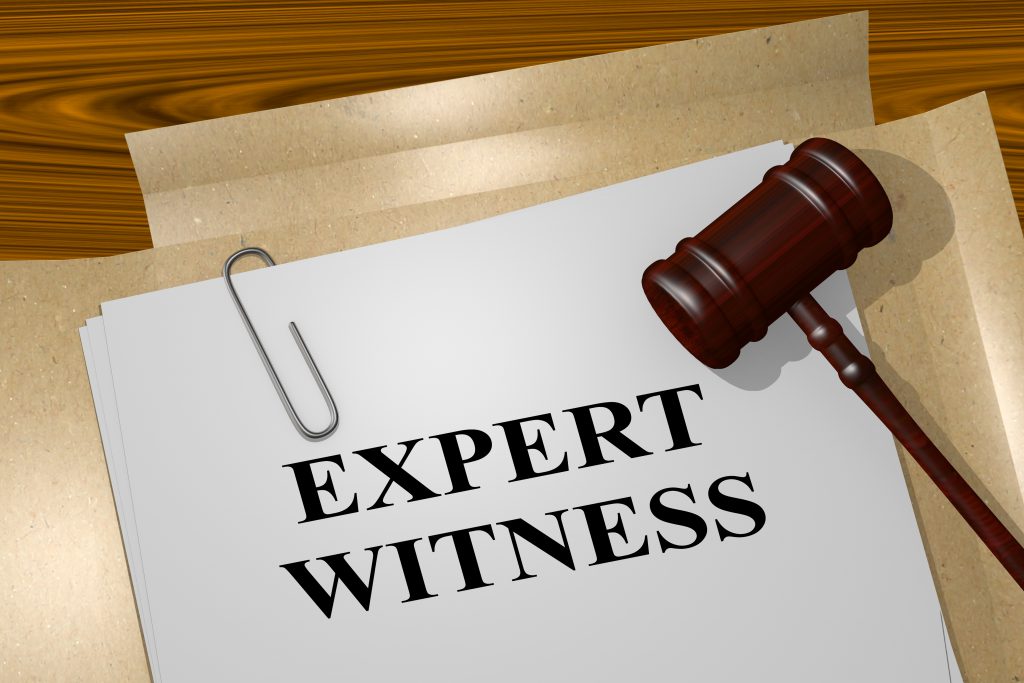 I absolutely love surgery. It’s hard to believe that I’ve been doing laparoscopic surgery for twenty years. Time really does fly when you are making a difference, and having fun doing it. I thoroughly enjoy taking care of patients, and helping each person on their individual journey towards a healthier and happier life. I really love the hands-on, technical, aspects of laparoscopic surgery, and I also cherish the close relationships that I develop with patients.
I absolutely love surgery. It’s hard to believe that I’ve been doing laparoscopic surgery for twenty years. Time really does fly when you are making a difference, and having fun doing it. I thoroughly enjoy taking care of patients, and helping each person on their individual journey towards a healthier and happier life. I really love the hands-on, technical, aspects of laparoscopic surgery, and I also cherish the close relationships that I develop with patients.
Since we encourage long-term follow up after bariatric surgery, I really get to know patients quite well, over many years. This is different from most surgical sub-specialties, where there is usually a single post-operative office visit with the surgeon. Bariatric surgery is particularly rewarding, since our patients usually do very well, and they experience drastic improvements in their physical and mental health, quality of life, and longevity.
However, they say that variety is the spice of life, and I am fairly certain that if I hadn’t gone into medicine, I would most likely have become a trial lawyer. I think that the courtroom shares similar high-stakes intensity to the operating room. So, by serving as a medical expert witness, I get to foray into the legal world, yet be comfortable with the material discussed, as it is my actual area of expertise, surgery.
According to the American College of Surgeons (ACS) the physician who acts as an expert witness is one of the most important characters in medical malpractice litigation. This is obviously very serious work, and we are obligated as expert witnesses to provide fair, honest, and balanced testimony. Unlike other witnesses, such as material witnesses who were involved in the patient’s care, the role of the expert witness is to educate all of those involved in the lawsuit. This includes the plaintiffs, the defendants, the attorneys, and sometimes a judge and members of the jury. Most medical malpractice lawsuits never actually go to trial, but are settled out of court.
One of the things that I enjoy about being an expert witness is that reading the medical records is similar to detective work, or reading a mystery novel. Since I obviously wasn’t actually involved in the patient’s care, I have to piece together what happened from what was, and what wasn’t, documented in the medical record. In order to manage any potential subconscious bias, I prefer to be blinded as to which side retained me, until after I have reviewed the records. This practice helps to ensure my impartiality when reviewing a case. Only once I have reviewed the records and formulated my opinion, do I speak with the attorney, and find out which side they represent. My assistant usually knows this information, as she is the one corresponding with the law firm.
After the initial medical record review and attorney phone call, I often request other pertinent records, particularly the actual images of any medical imaging that was done, and any records that appear to be missing. I might suggest that other experts from other medical specialties be retained, and can often make recommendations. Then gradually the deposition transcripts of the involved parties (and other experts) trickle in. It’s important to read these very carefully in their entirety, and I find that they make the most fascinating reading.
Like any project, some aspects are less enjoyable than others (and I tend to enjoy almost all aspects of my work life). Scrolling through thousands of pages of records looking for relevant clinical details can be tedious at times. Especially when the records are not optimally organized for efficient review. The least enjoyable part of being a surgeon expert witness is sometimes having to say that the care provided was below the community standard. Criticism is difficult to give or receive. But as an expert, I am ethically and legally obligated to tell the truth. According to the American College, failure to provide truthful testimony exposes the physician expert witness to criminal prosecution for perjury, civil suits for negligence, and suspension or revocation of their professional license.
You May Also Like